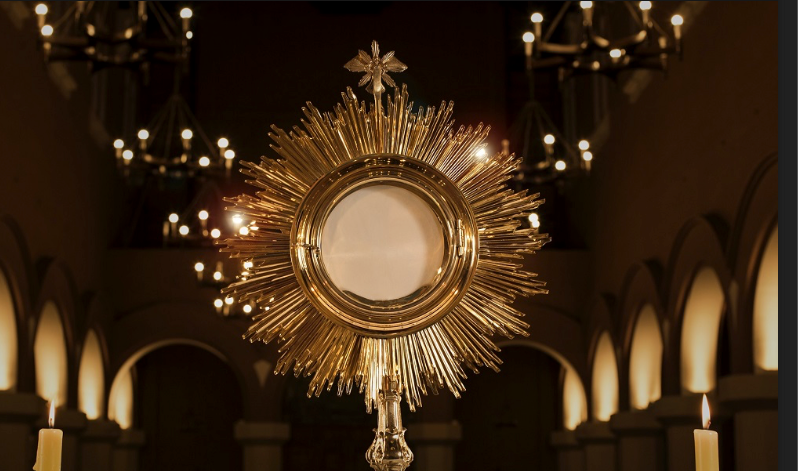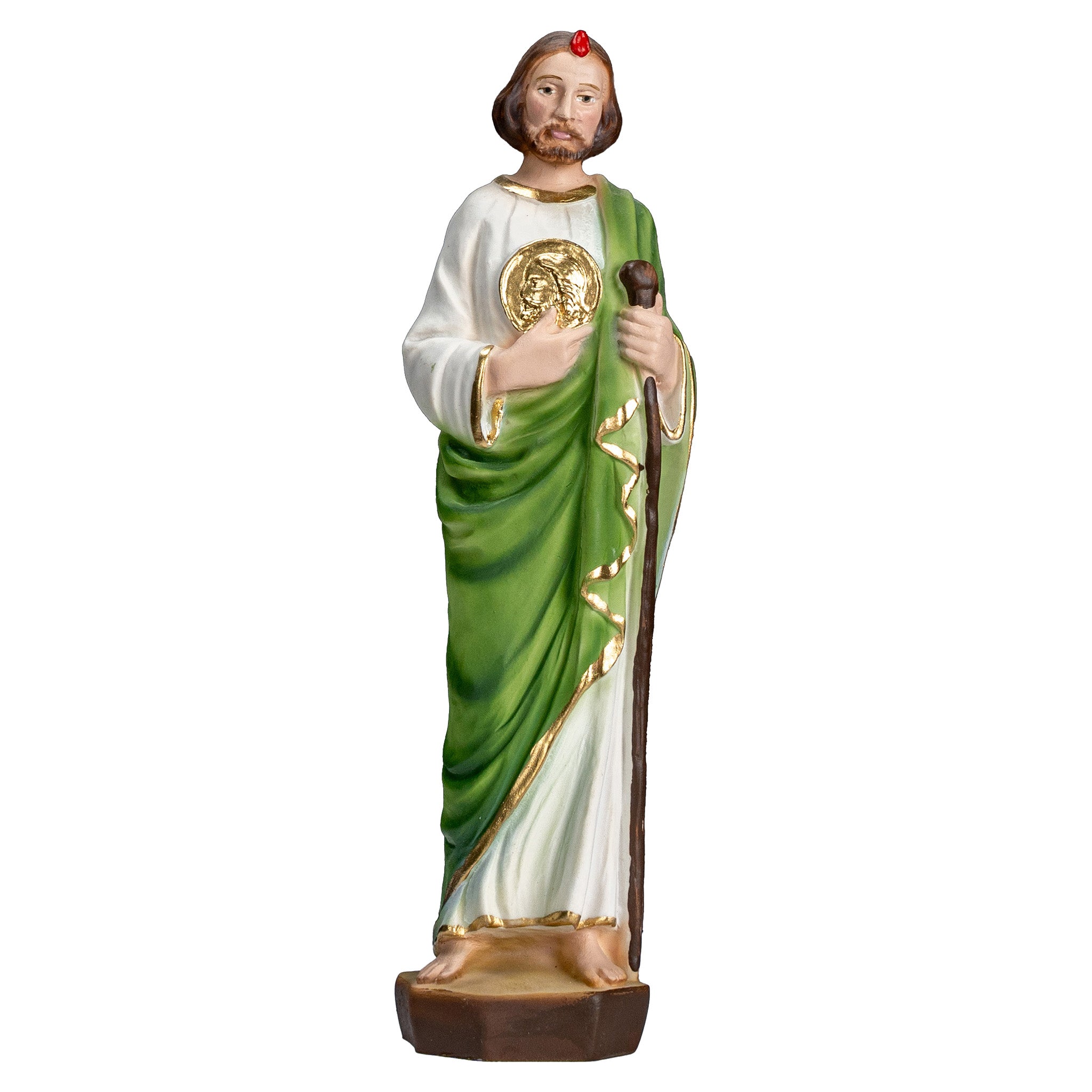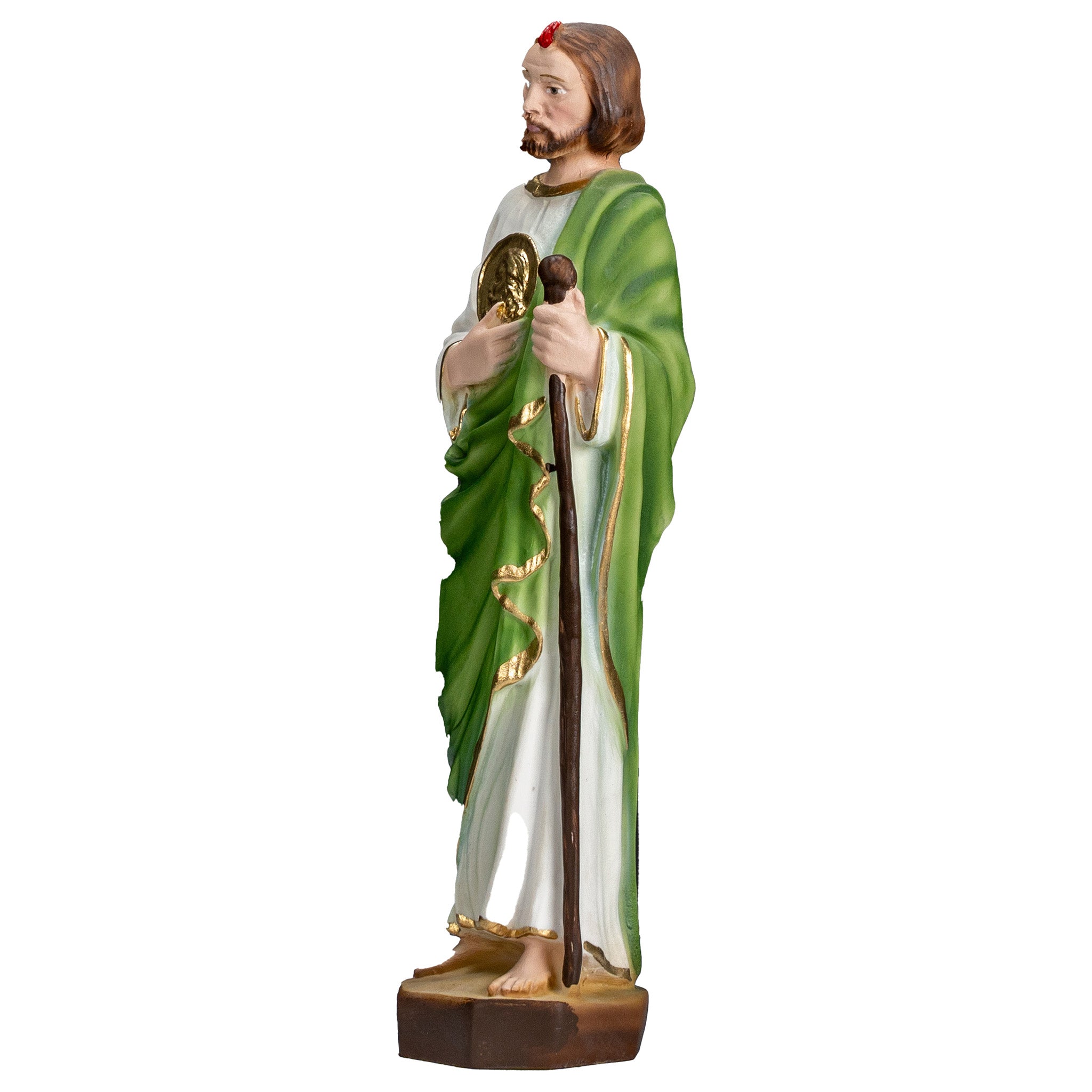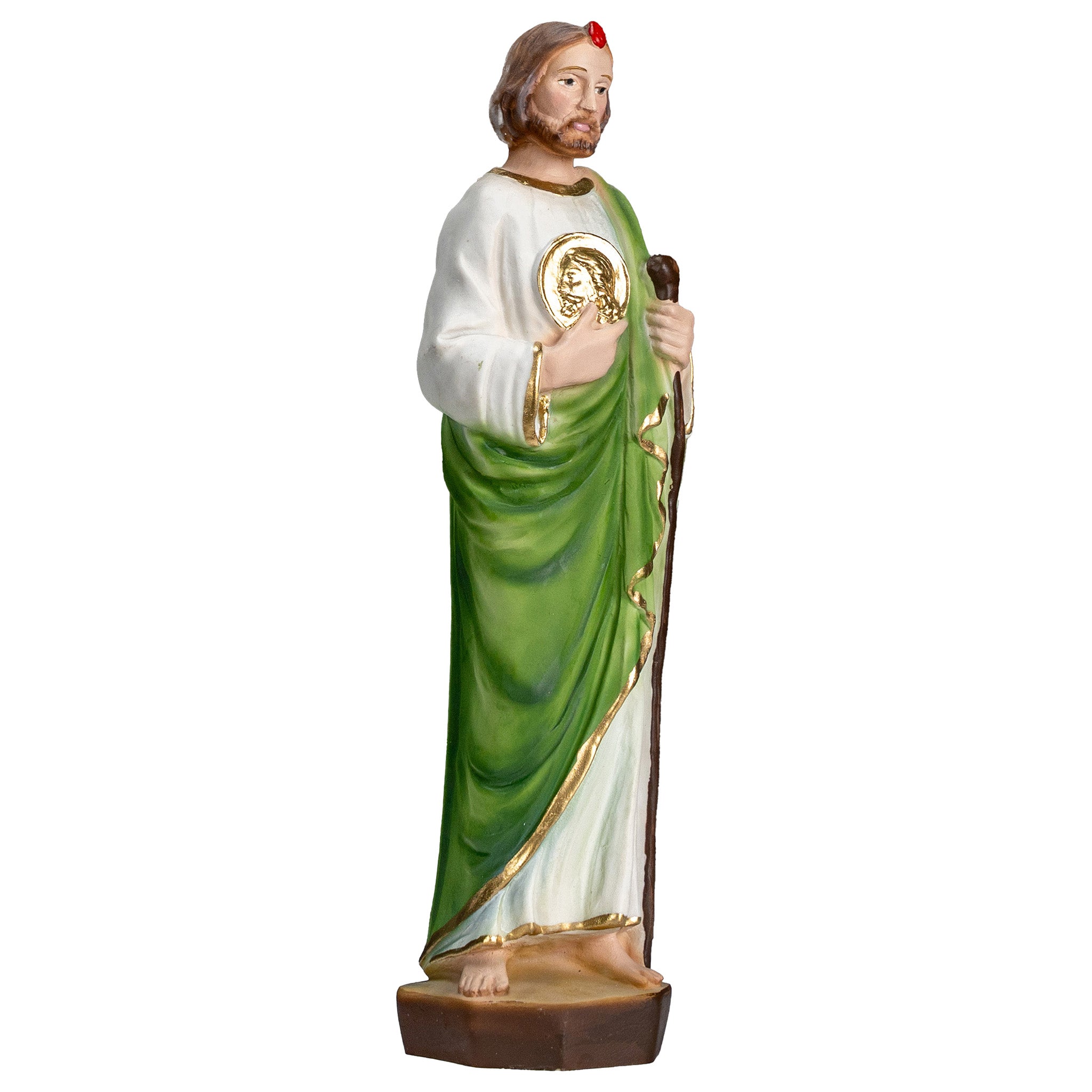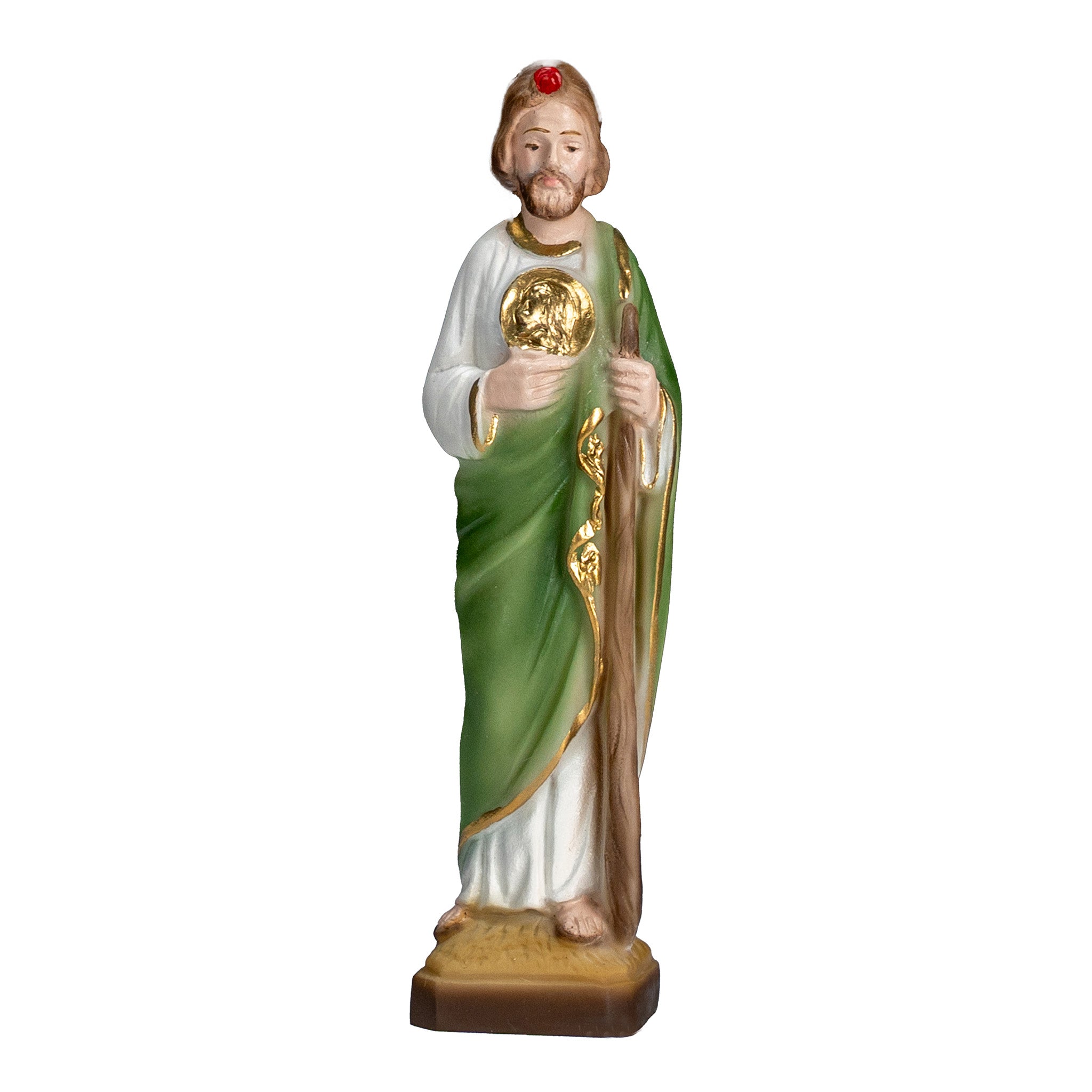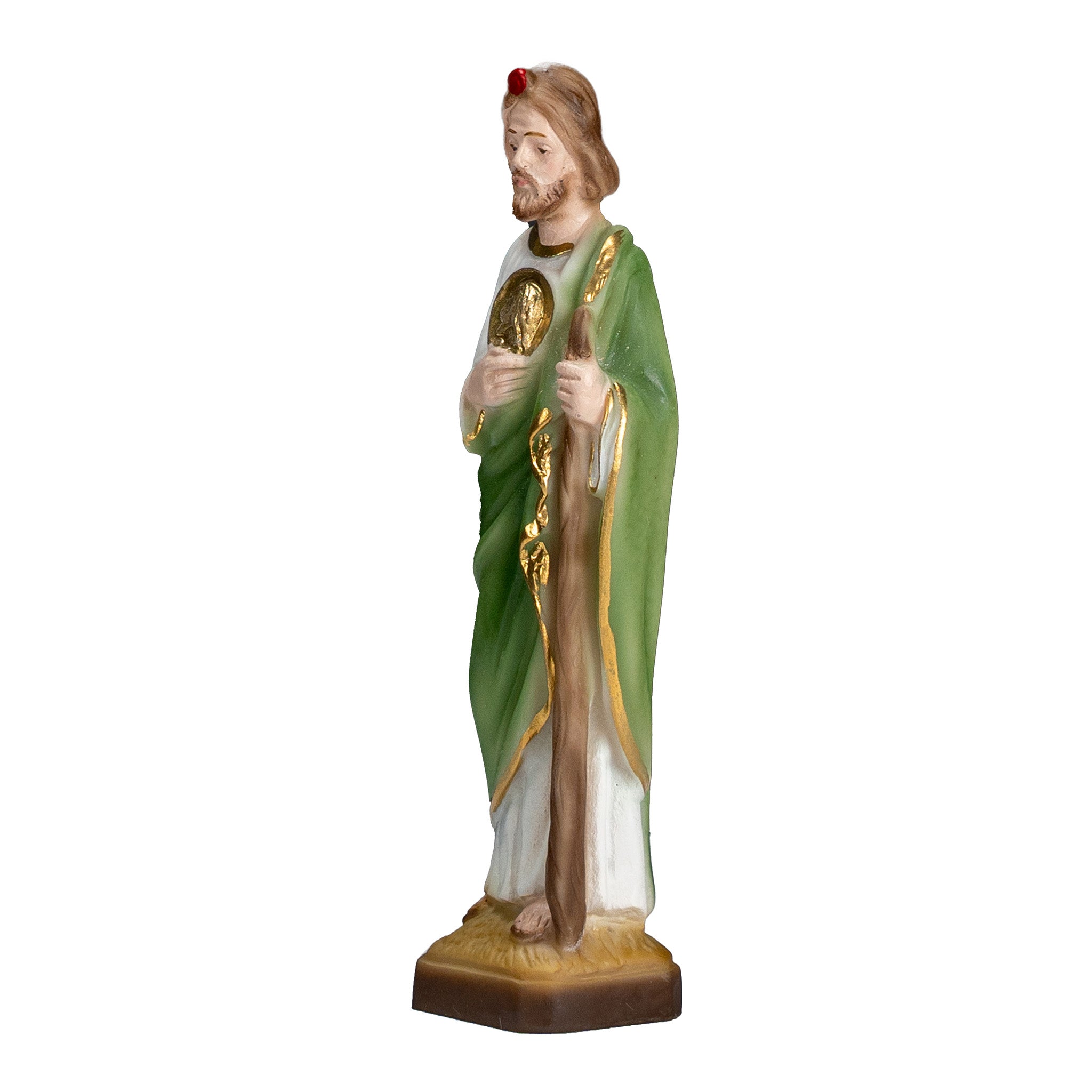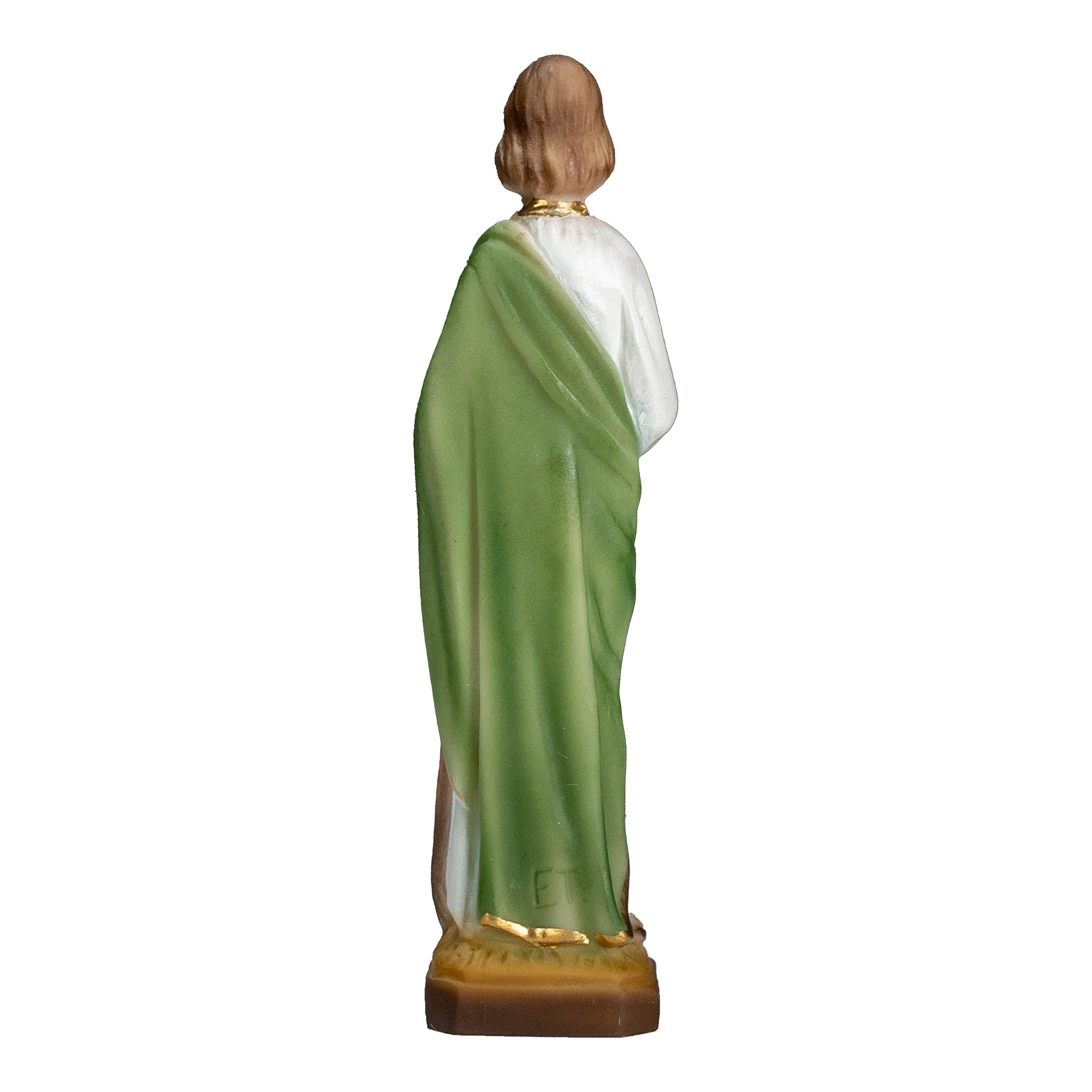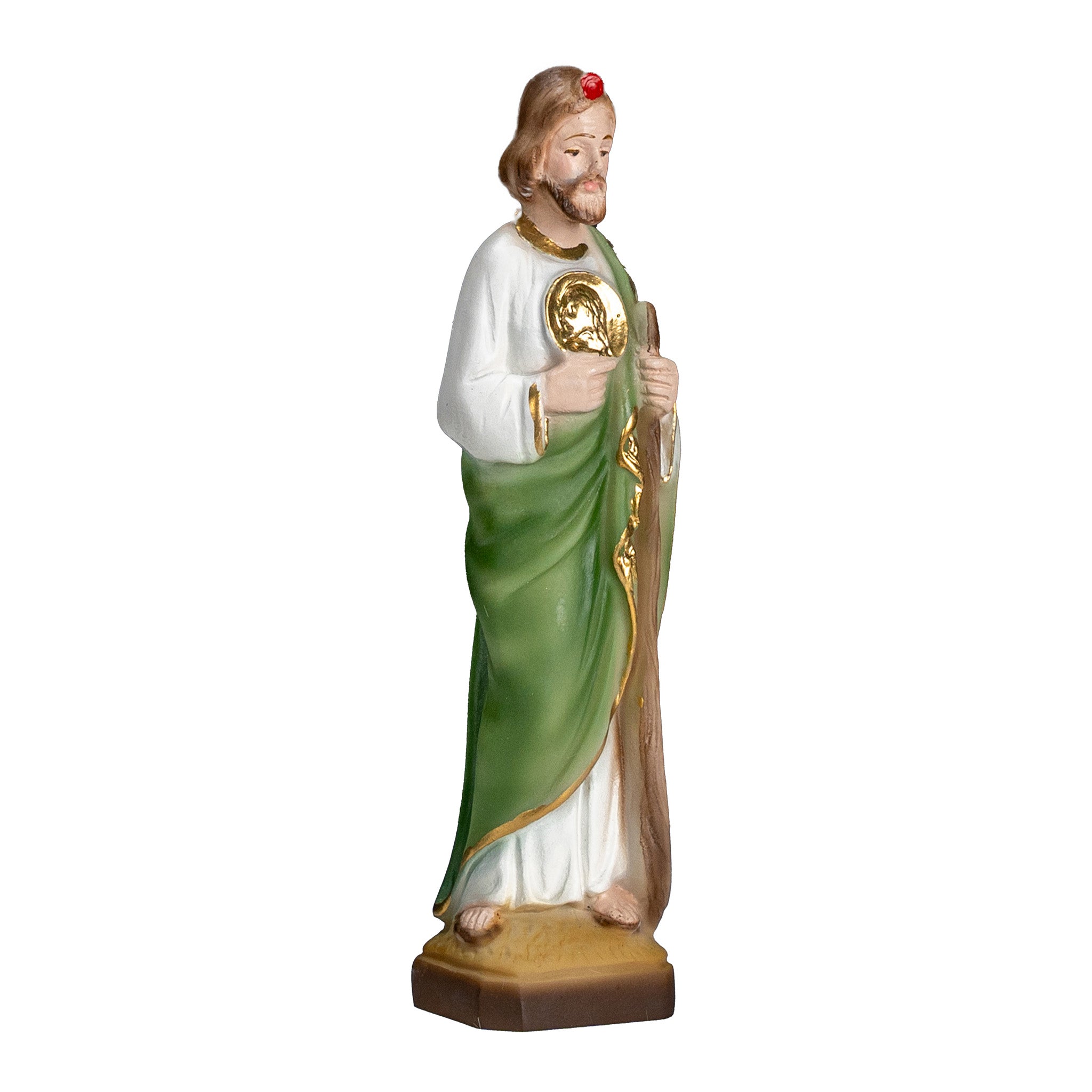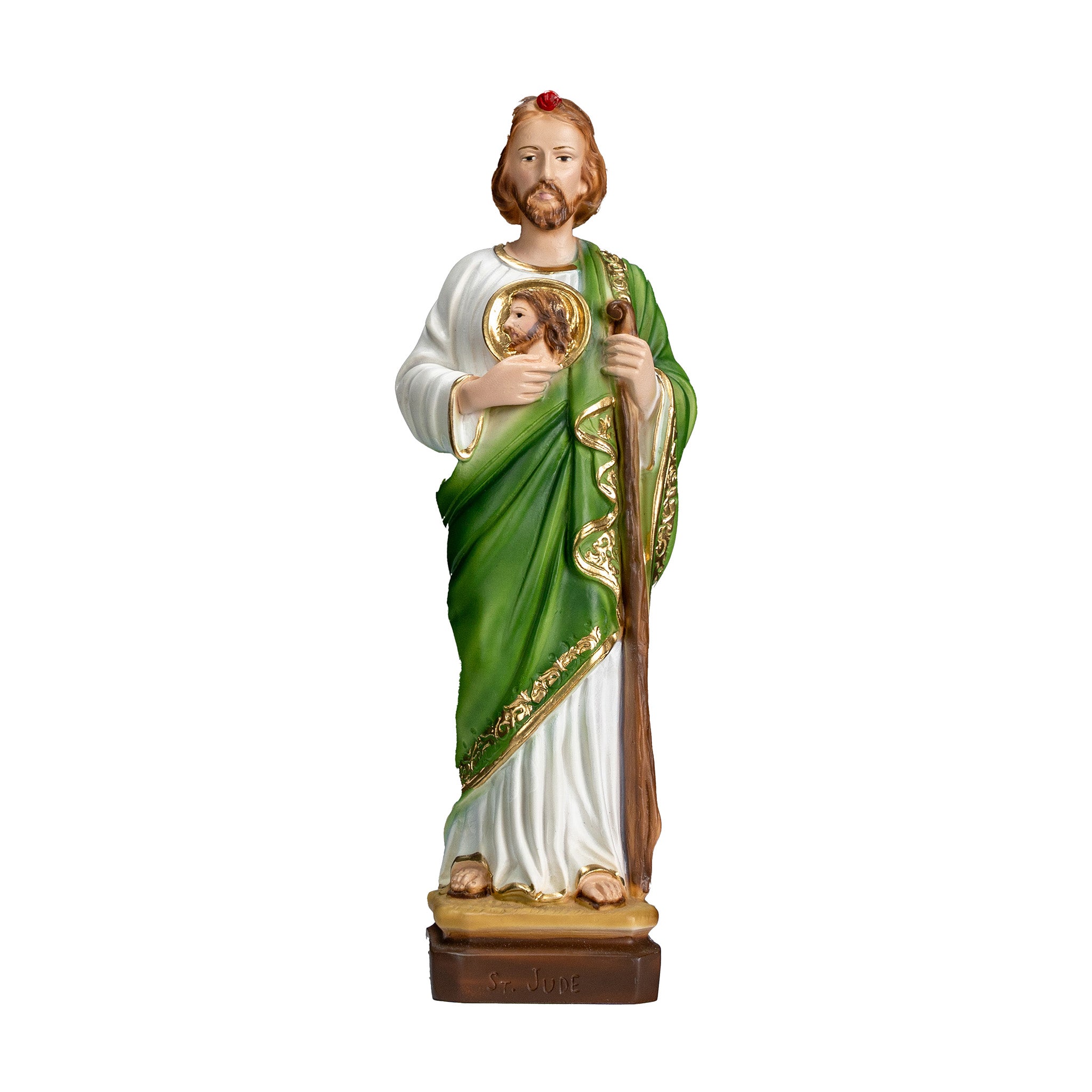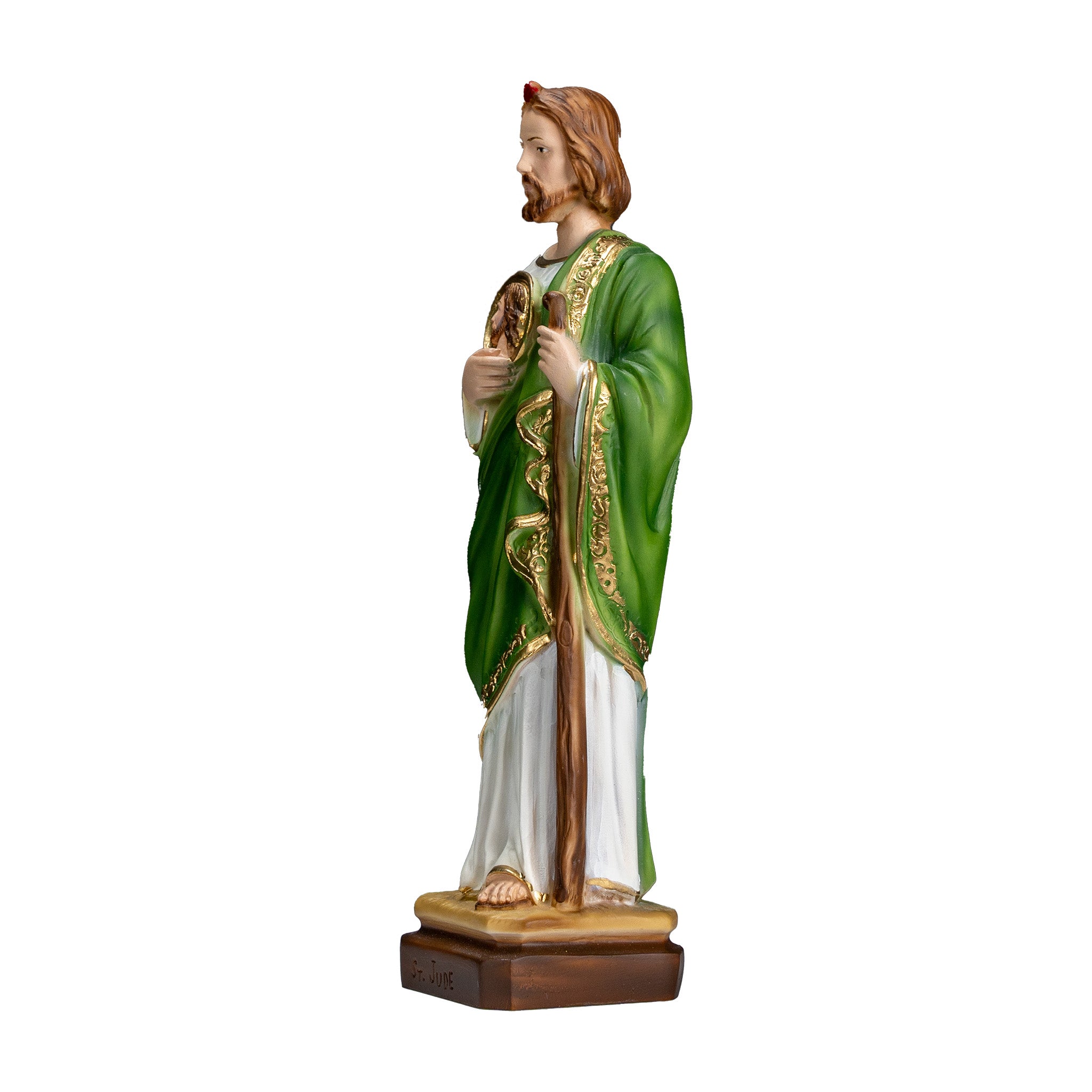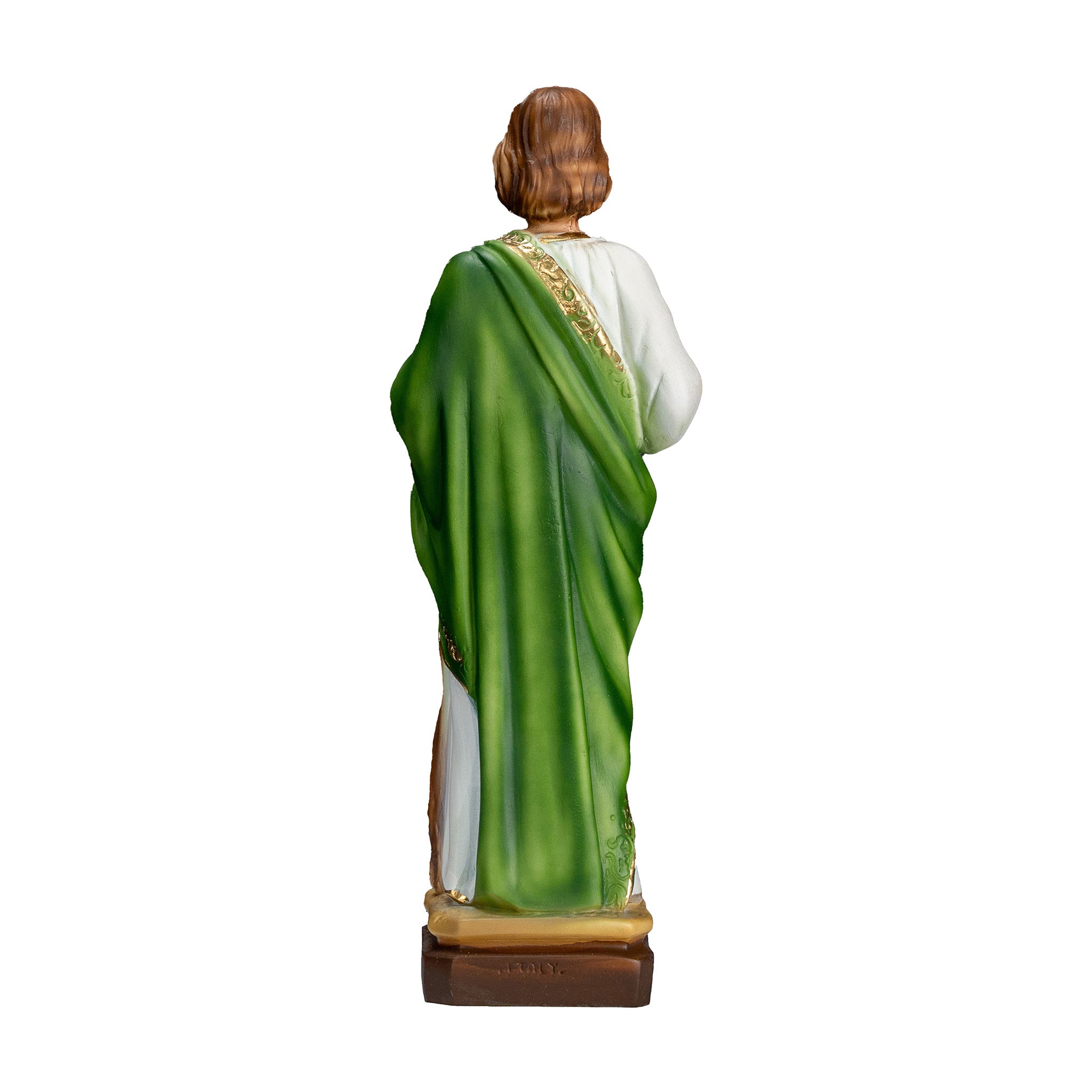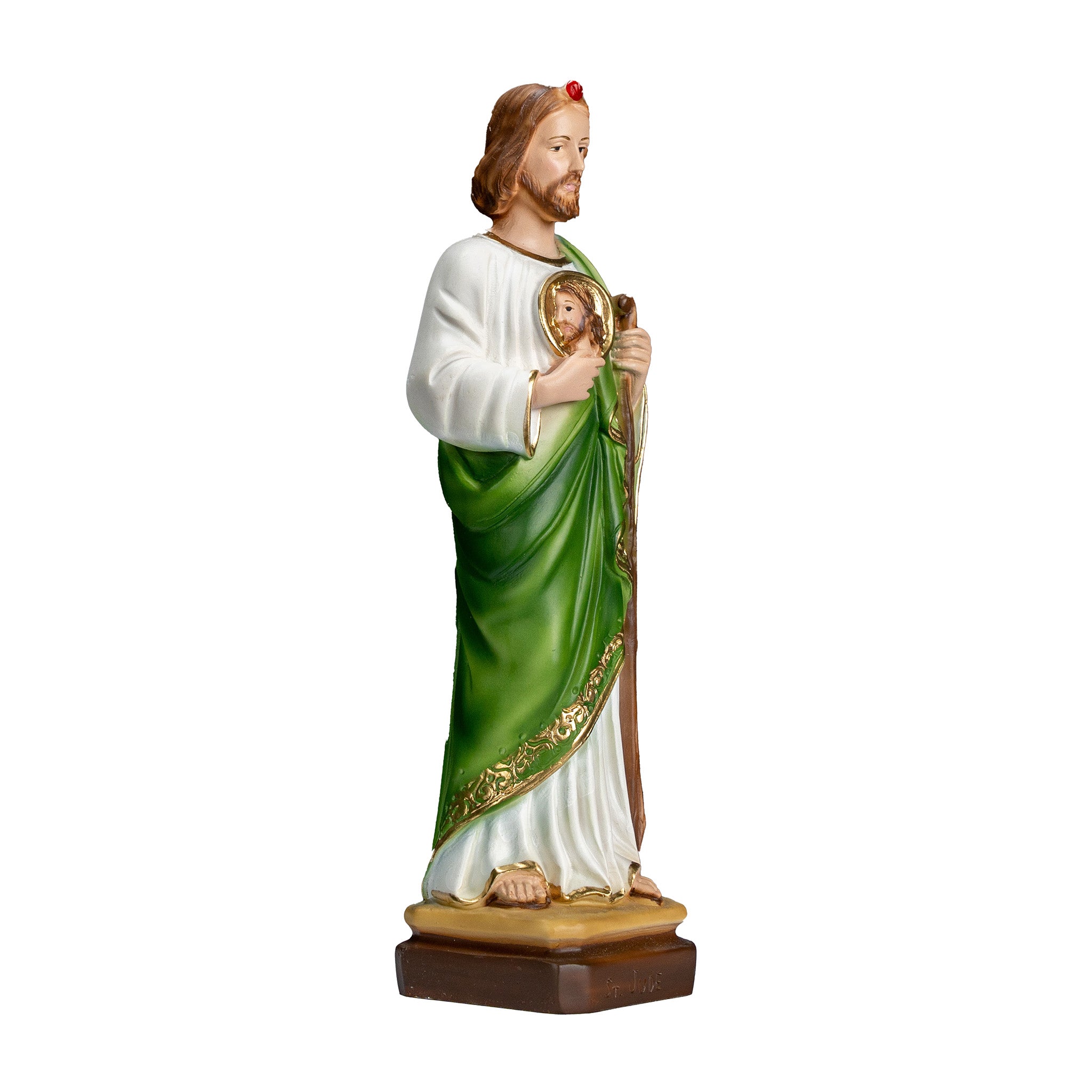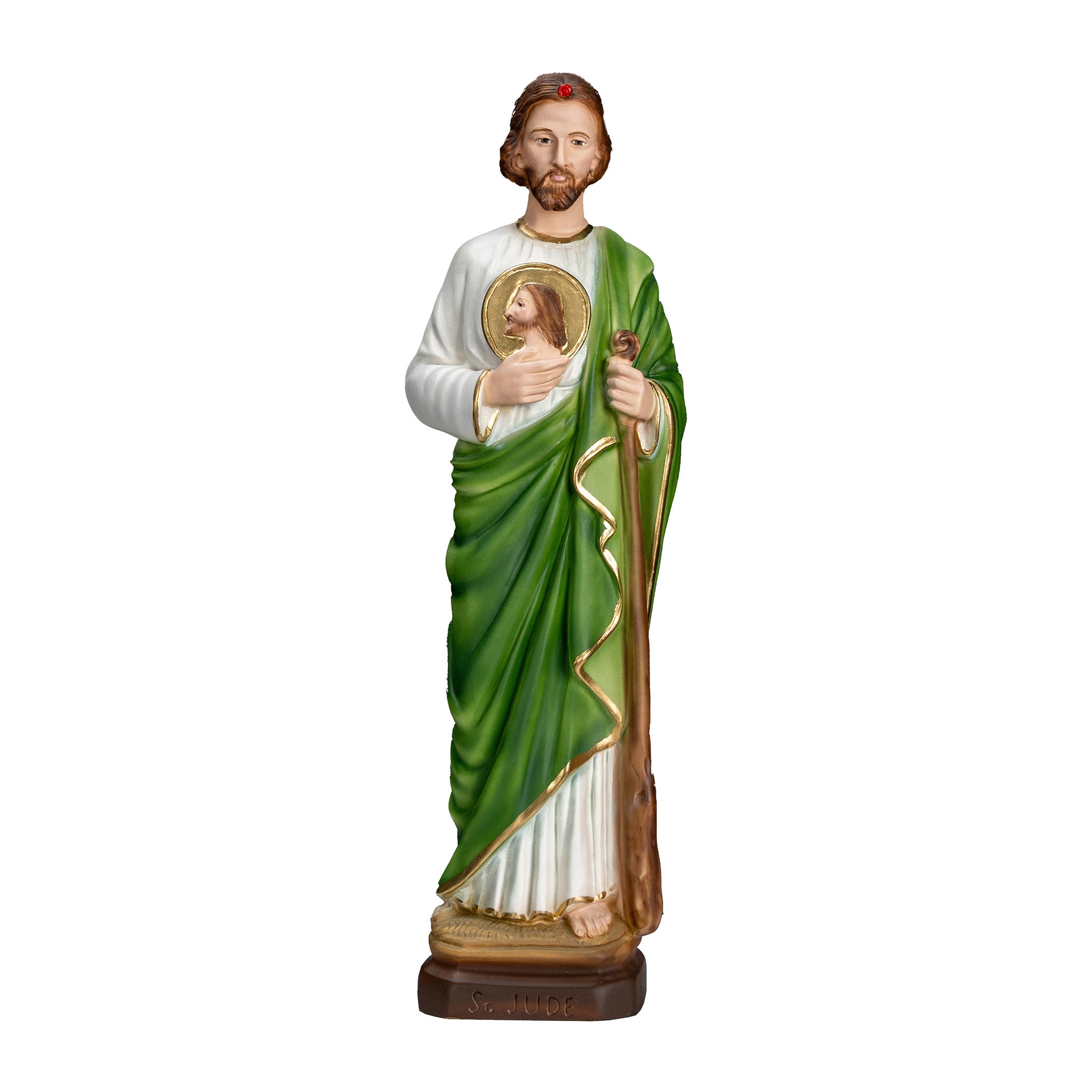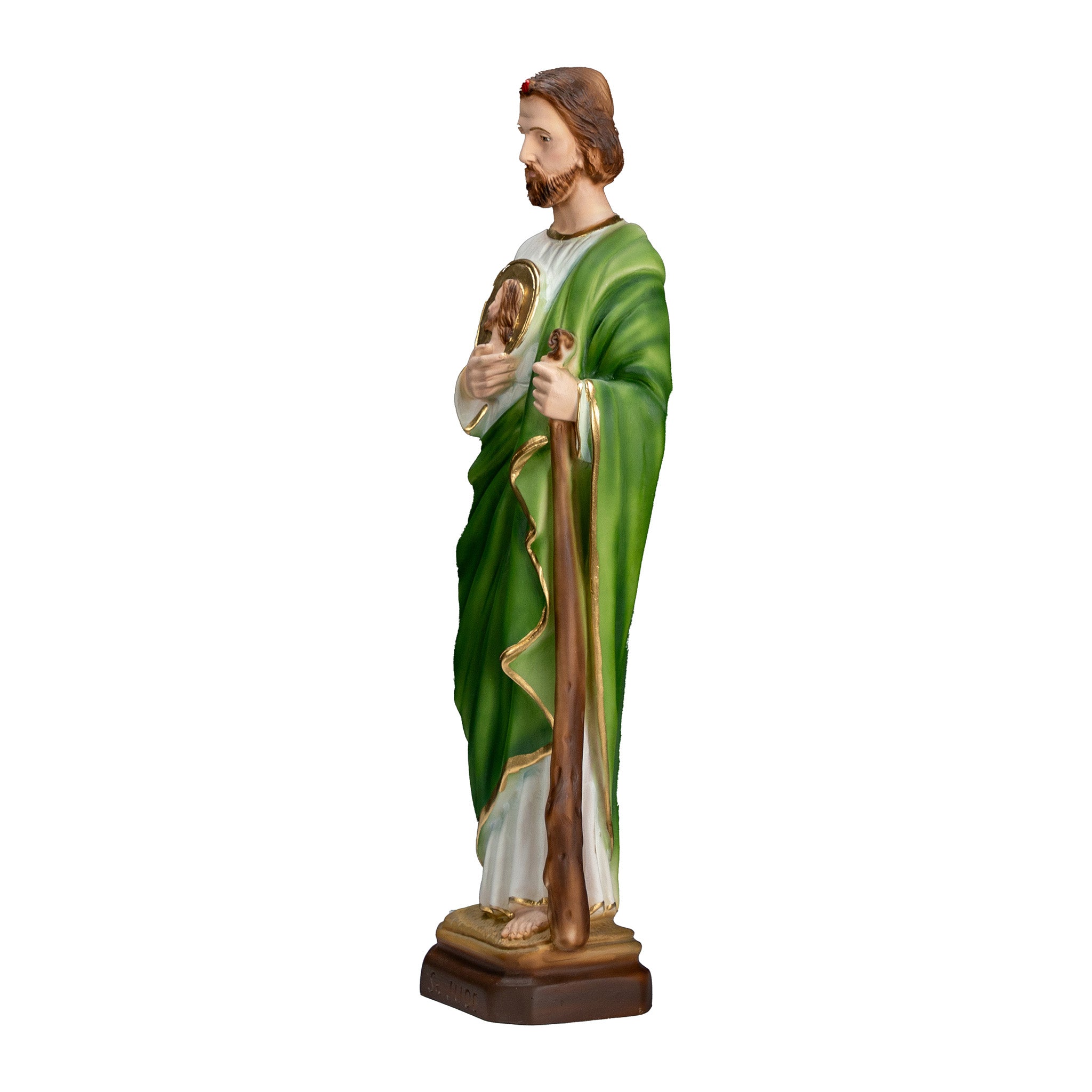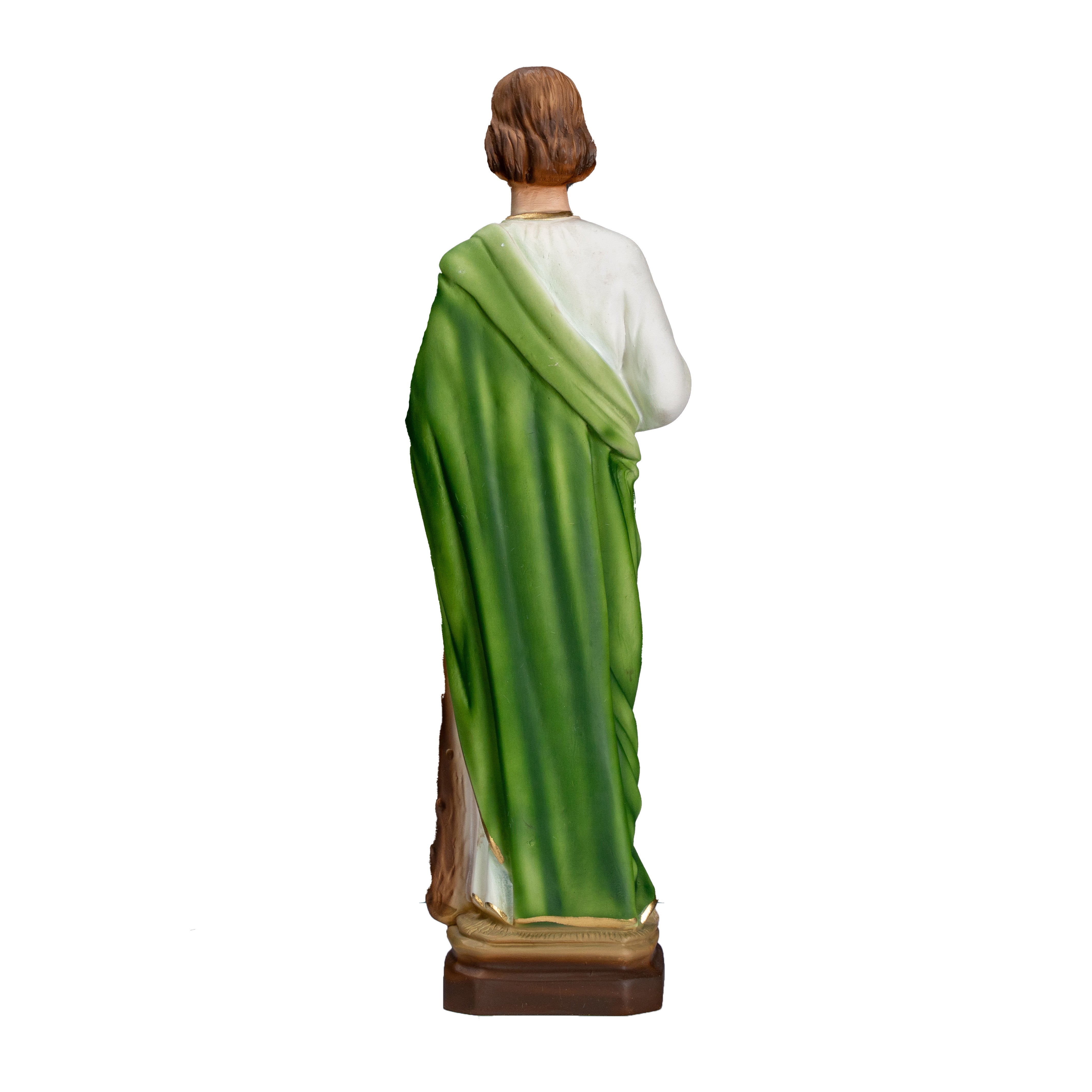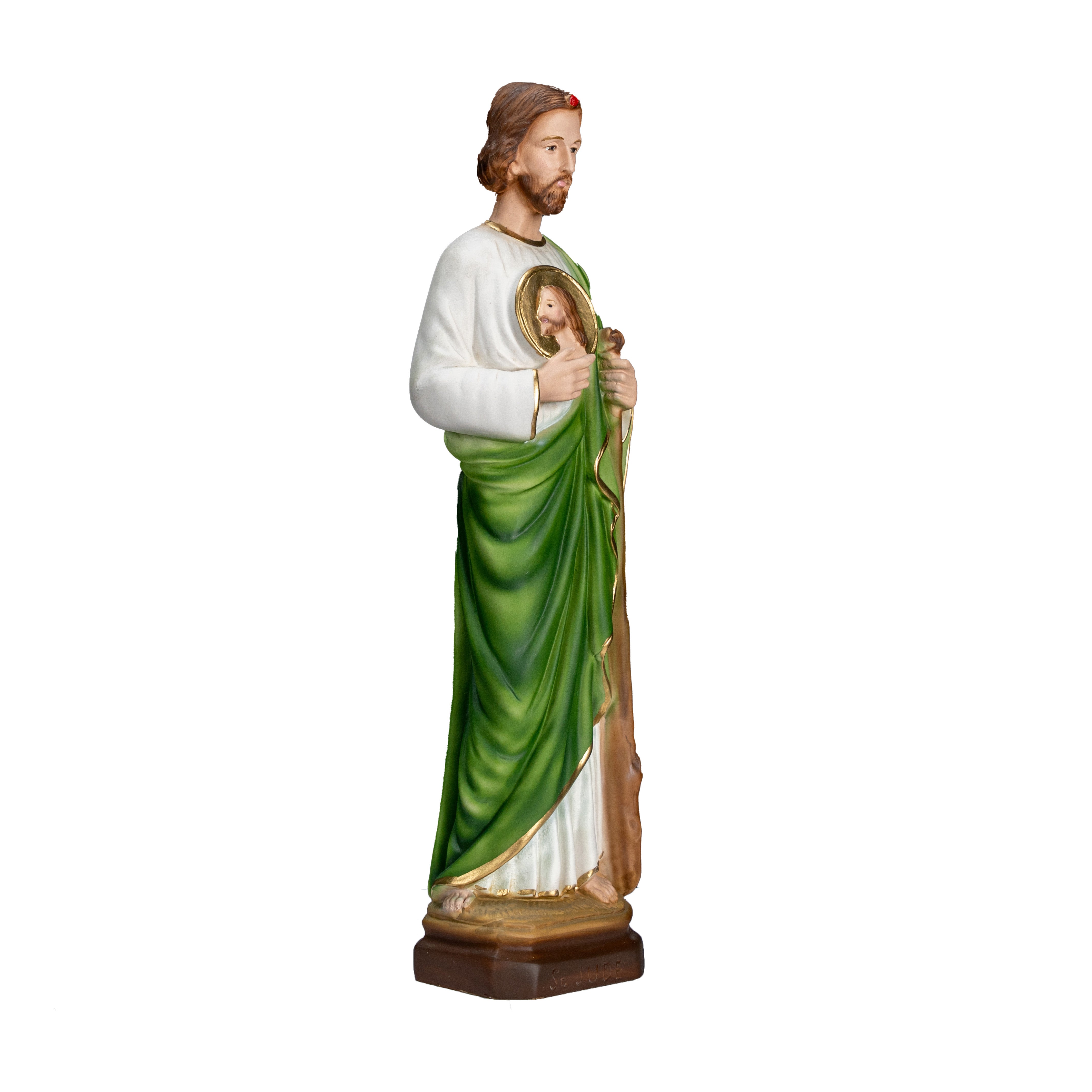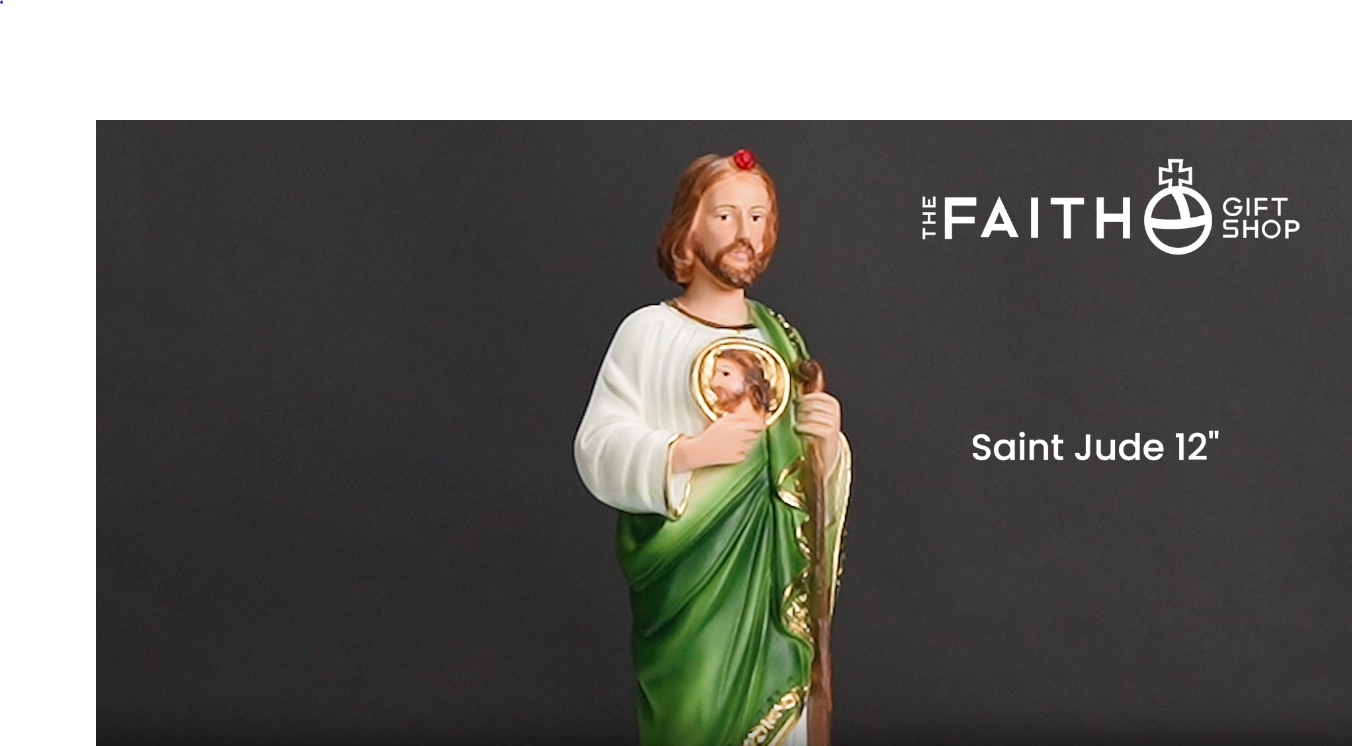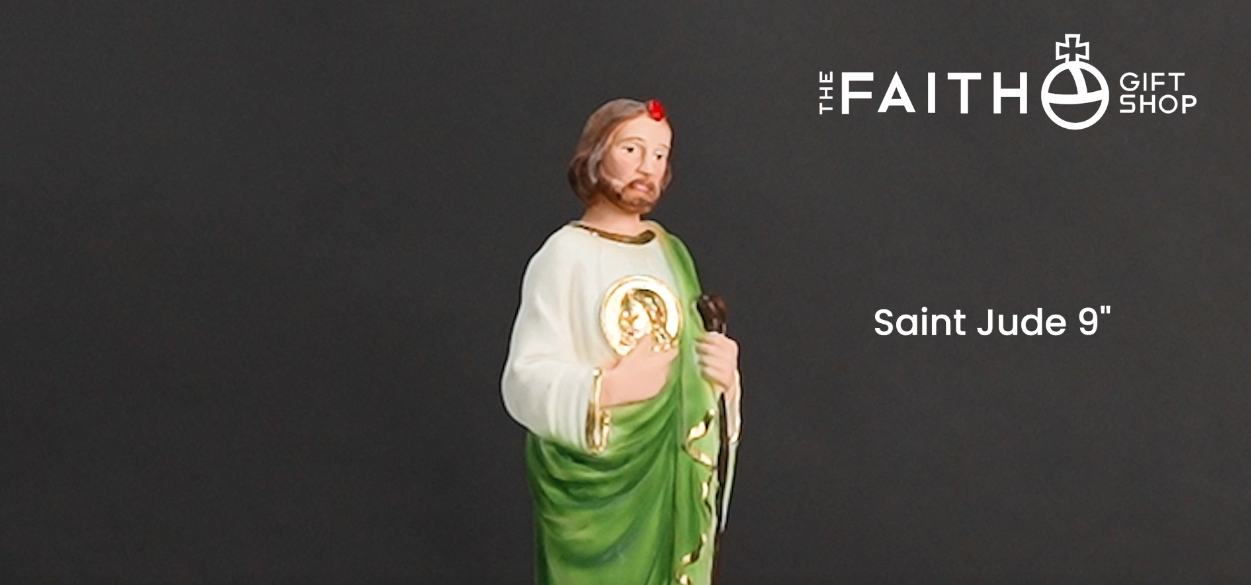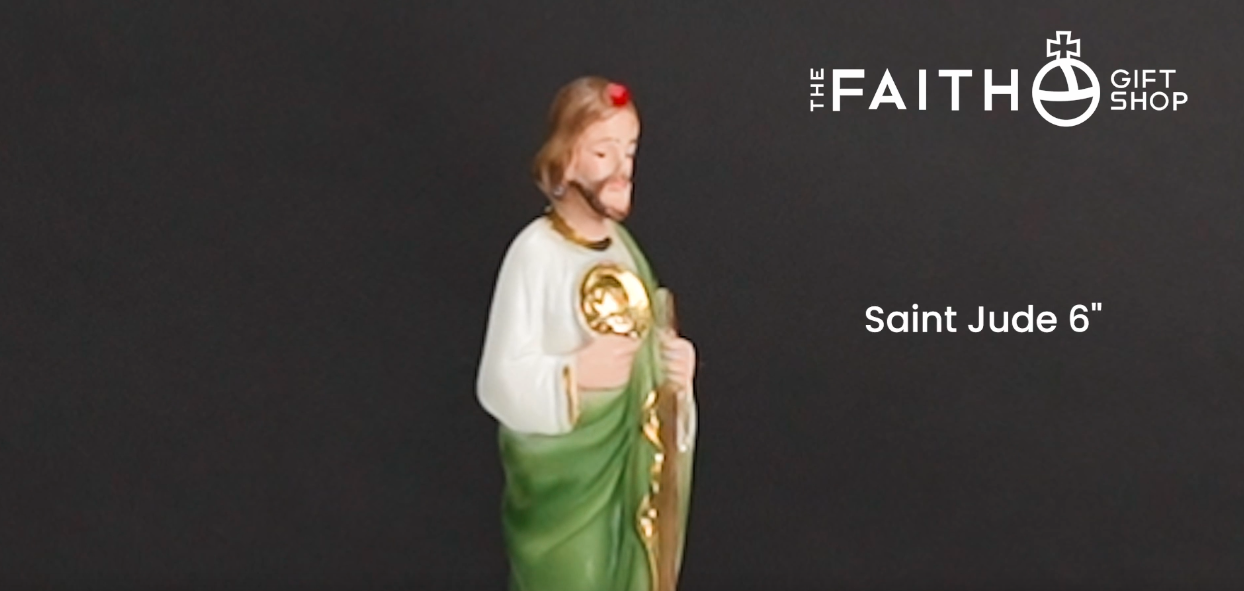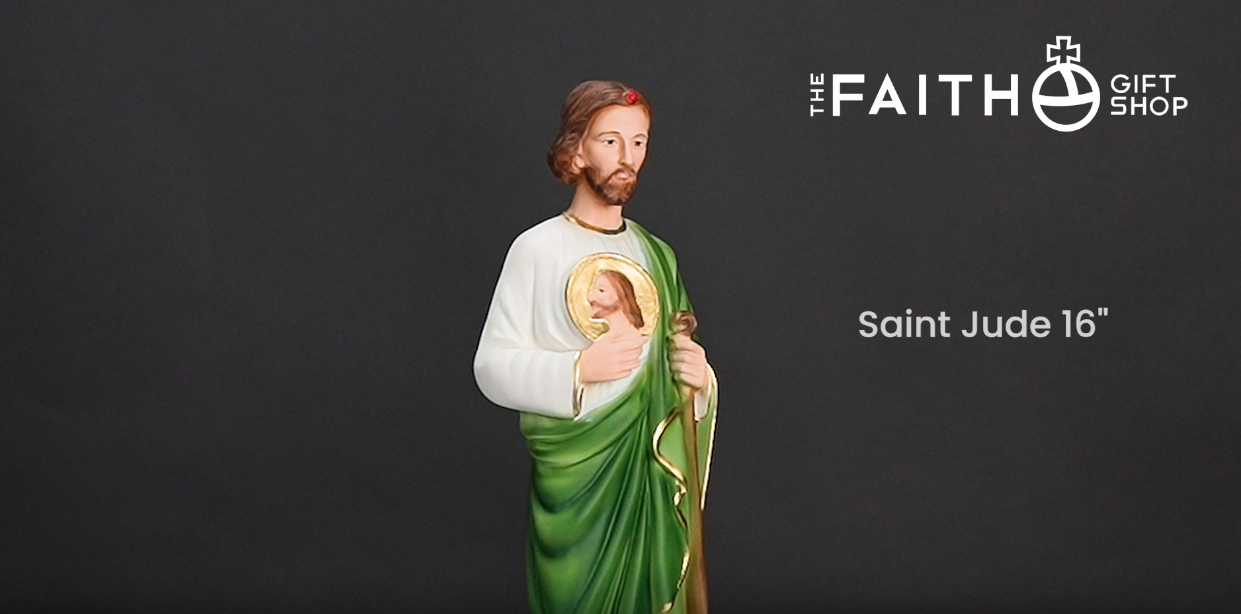Corpus Christi, also known as The Feast of the Most Holy Body and Blood of Christ, is a significant celebration within our liturgical calendar as Catholics. It's a day dedicated to honoring the Eucharist—the body and blood of Jesus Christ, represented by bread and wine. This feast provides us an opportunity to reflect on the sacrament of the Holy Eucharist, which is central to our faith.
What is Corpus Christi?
The name "Corpus Christi" comes from Latin, meaning "Body of Christ." This feast focuses on the belief in transubstantiation, where, according to our doctrine, the bread and wine used in the sacrament become the actual body and blood of Christ, though they retain the appearance of bread and wine. This mystery is considered a profound expression of God’s love, offering Himself entirely to us.
Historical Background
The tradition of Corpus Christi dates back to the 13th century, a period marked by a strong devotion to the Eucharist. The first official celebration occurred in 1246 in the Diocese of Liège, now part of modern-day Belgium, inspired by the visions of Saint Juliana of Mont Cornillon. She was deeply devoted to the Blessed Sacrament and was moved by a divine vision to advocate for a feast that specifically honored the Eucharist. Her dedication, coupled with theological support and ecclesiastical endorsement, led to Pope Urban IV formally instituting the feast. As Catholics, we continue to honor this tradition, gathering in joyous procession and reverent worship to reflect on the gift of the Holy Eucharist in our lives.

